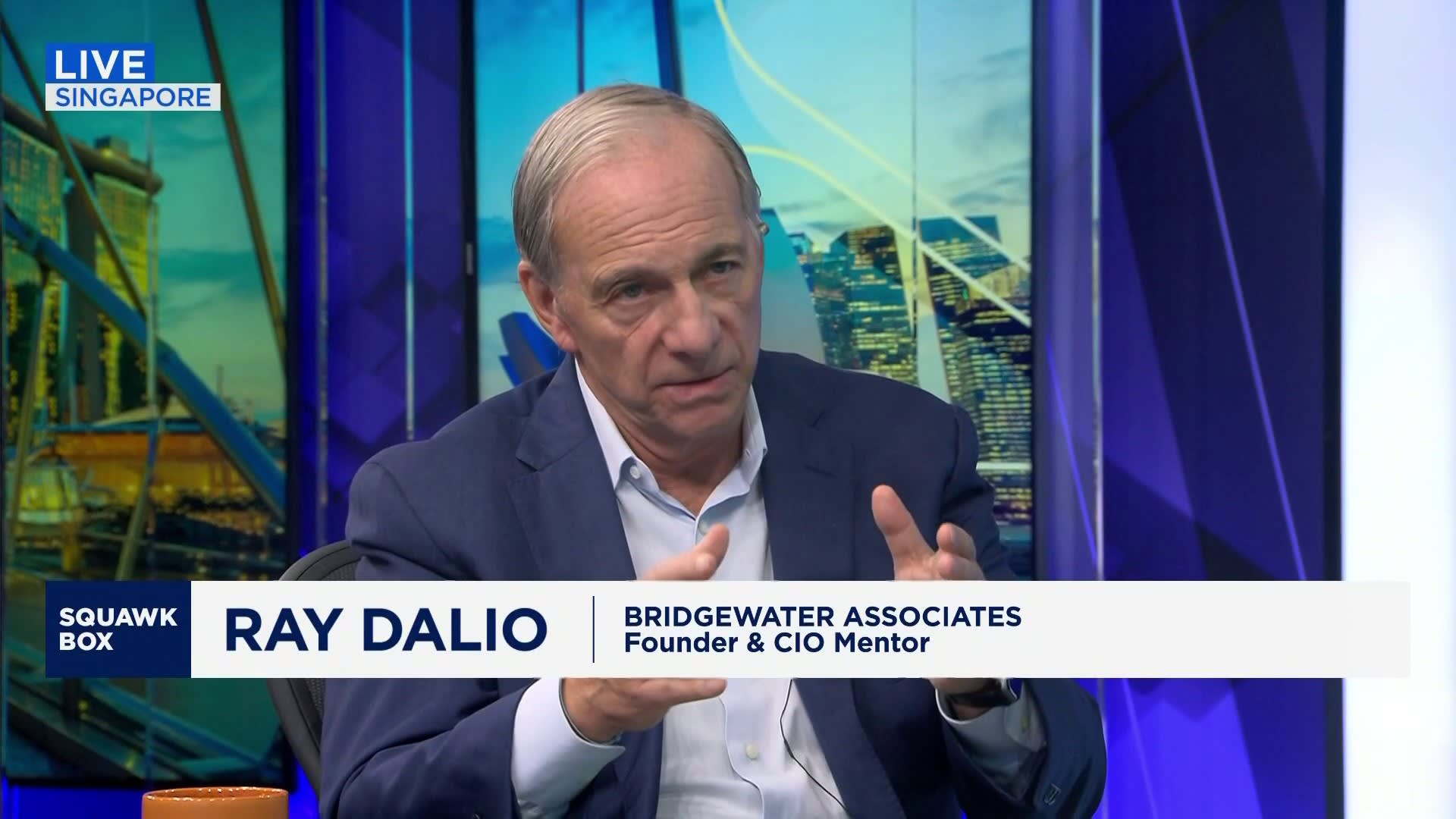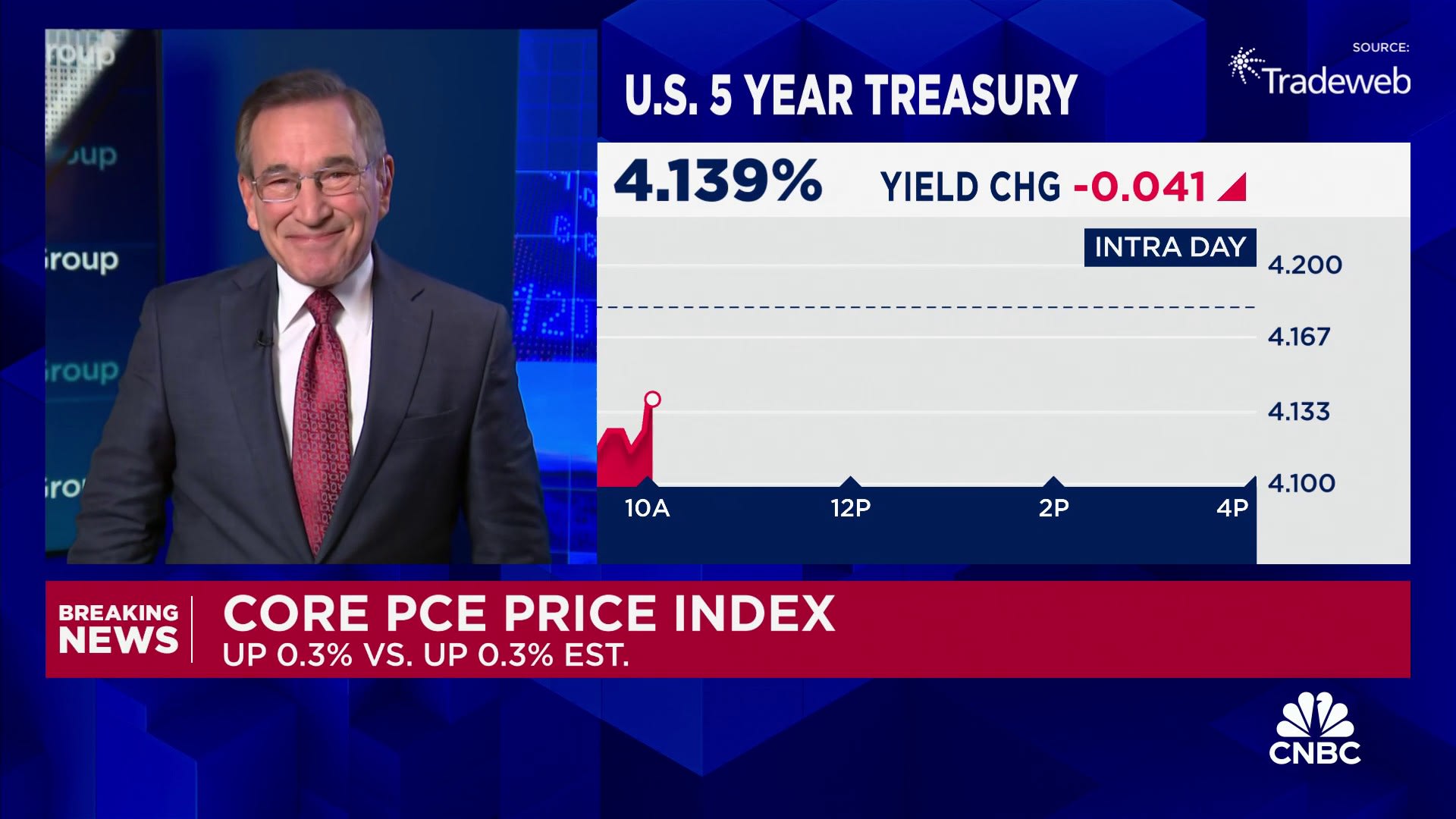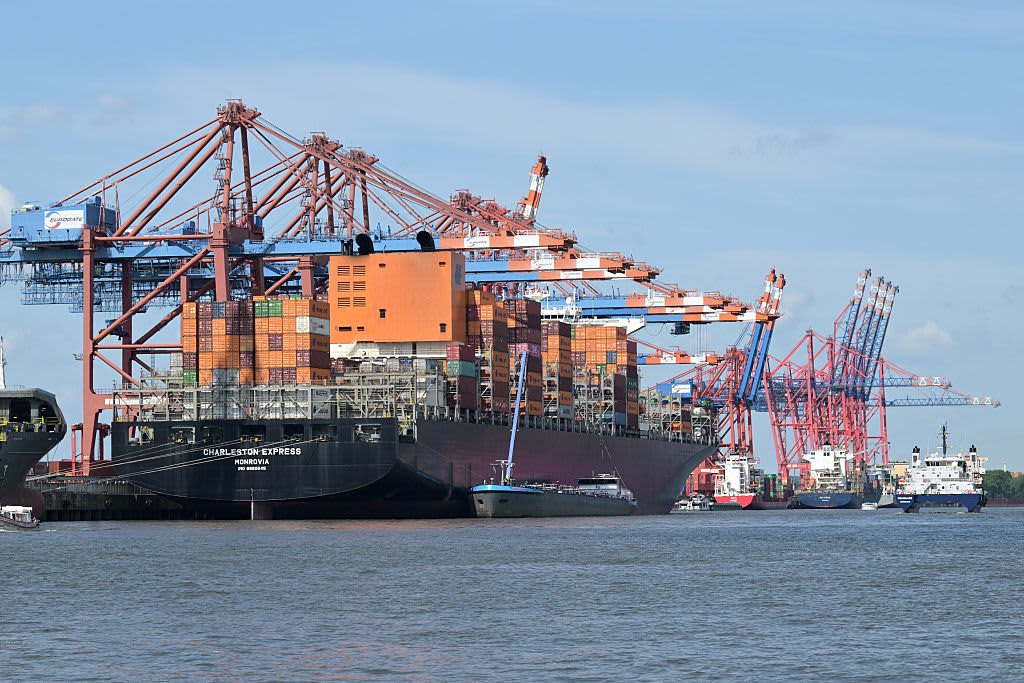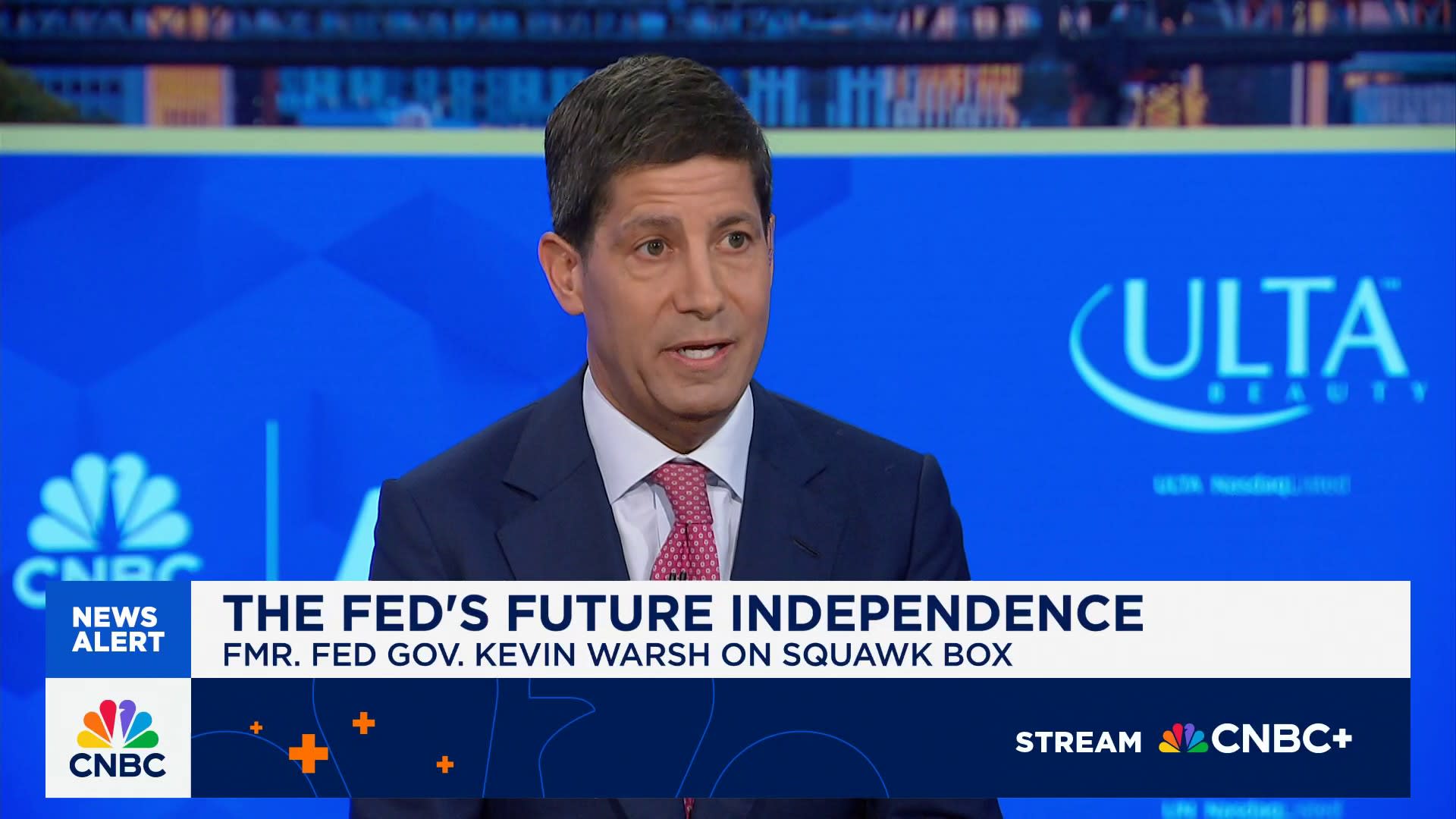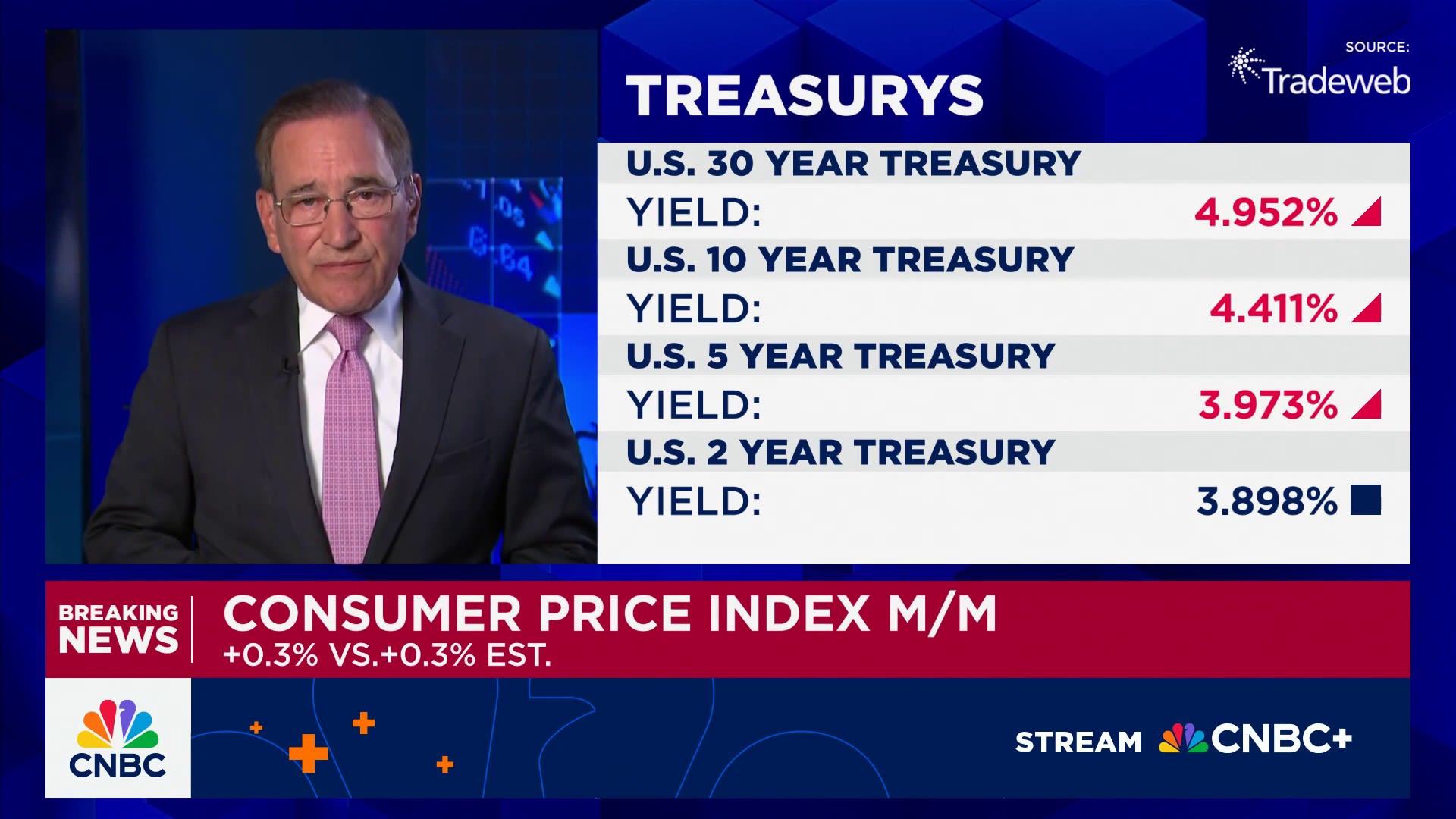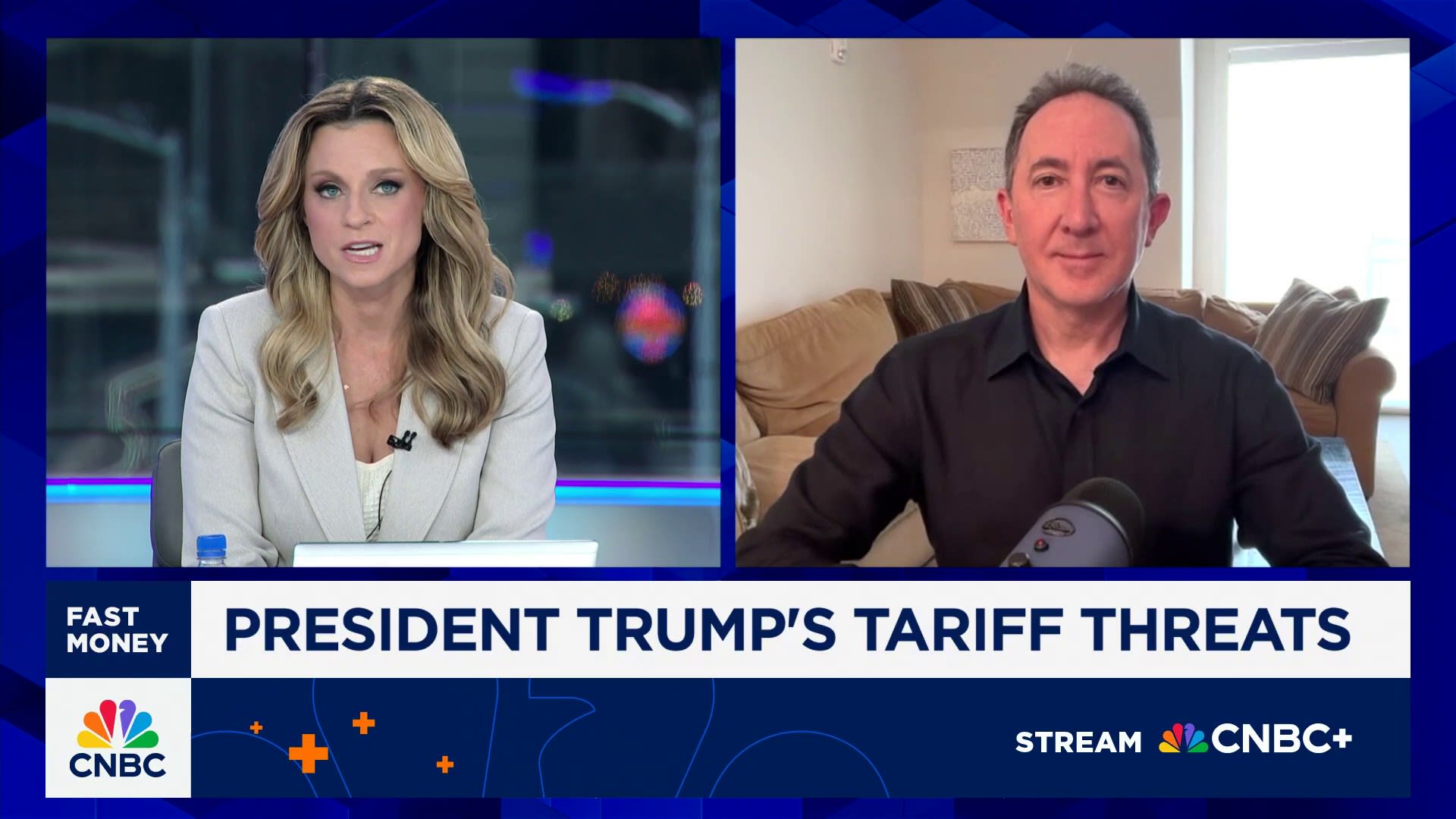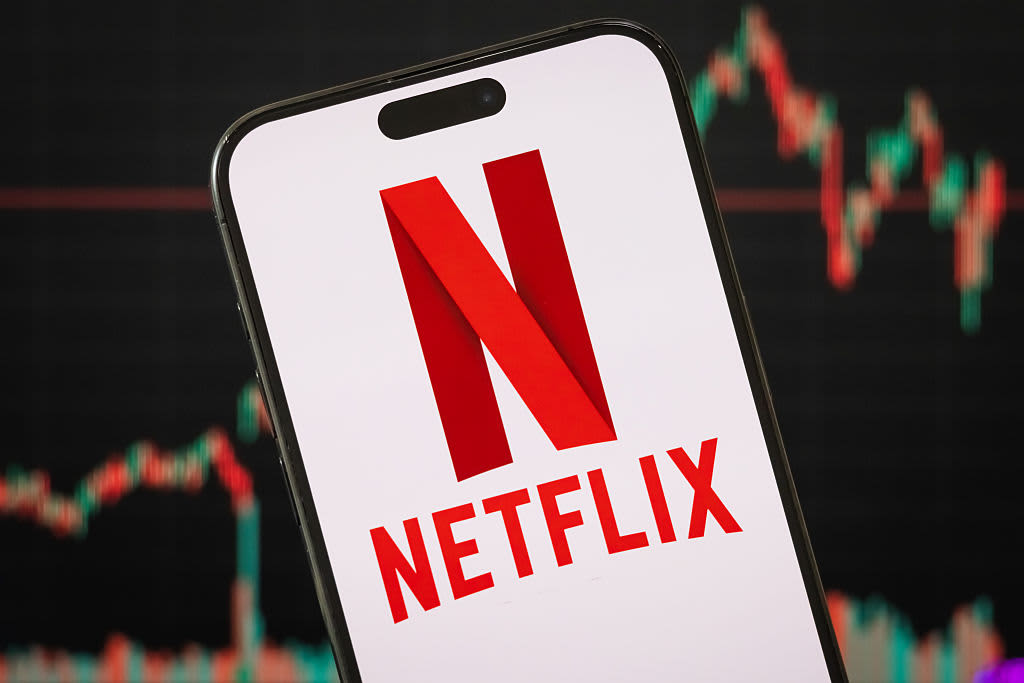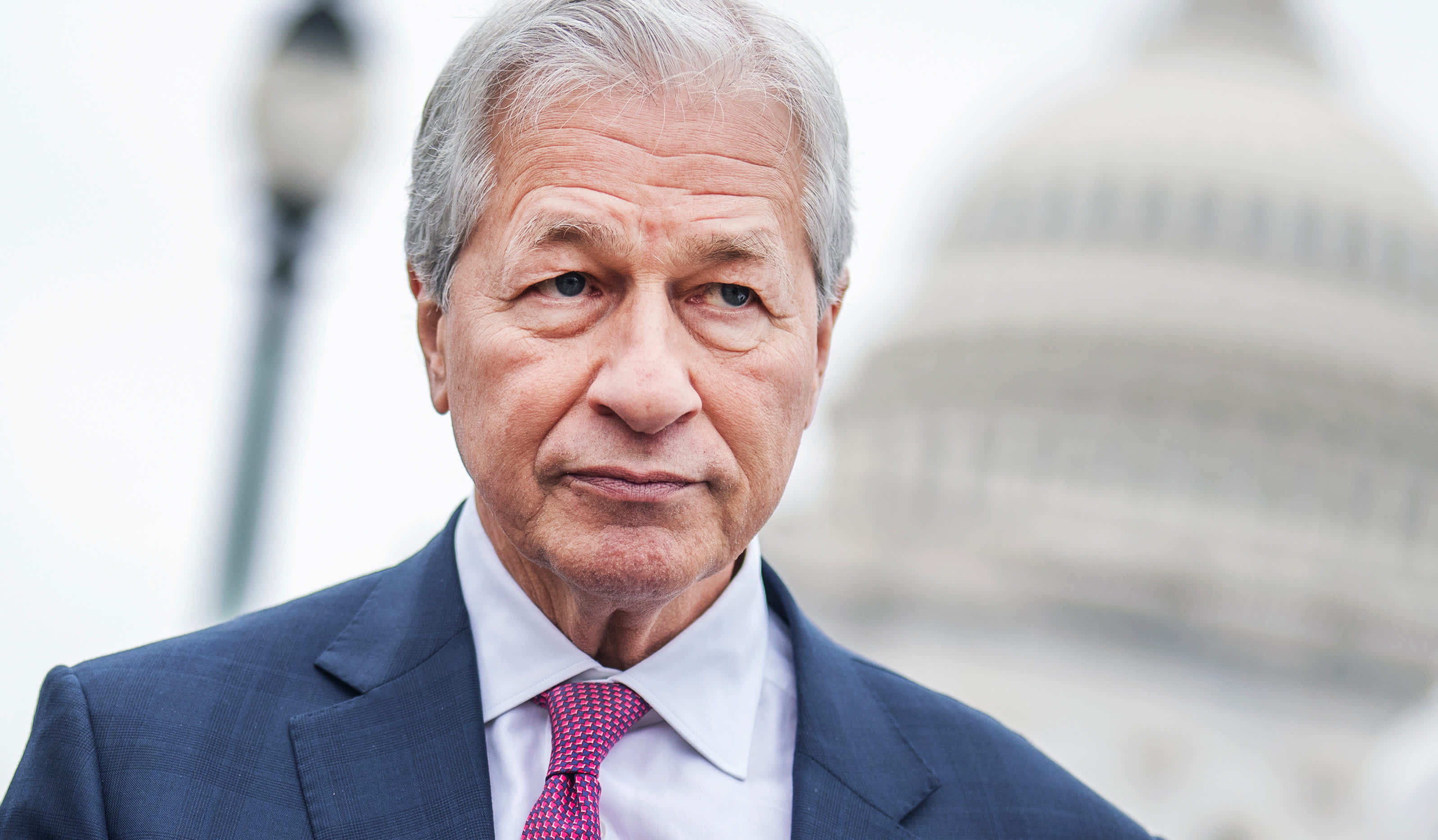Riyadh, Saudi Arabia.
Xavierarnau | E+ | Getty Images
Saudi Arabia is moving full steam ahead with its focus on domestic investment — and with that, higher requirements for foreigners coming to the kingdom to take capital elsewhere.
The kingdom’s $925 billion sovereign wealth fund, the Public Investment Fund, saw its assets jump 29% to 2.87 trillion Saudi riyals ($765.2 billion) in 2023, its annual report published earlier this week revealed — and local investment was a major driver.
The fund’s investments in domestic infrastructure and real estate development grew 15% year-on-year to 233 billion riyals, while its foreign investments increased 14% to 586 billion riyals. At the same time, the Saudi government introduced laws and reforms to facilitate and even mandate investment in the country as it builds out its Vision 2030 plan to diversity its oil-reliant economy.
“The PIF’s report marks a shift from externally driven investments to a focus on domestic opportunities. The days of viewing Saudi Arabia as a mere financial reservoir are ending,” Tarik Solomon, chairman emeritus at the American Chamber of Commerce in Saudi Arabia, told CNBC.
“Today, success with the PIF hinges on partnerships grounded in mutual trust and long-term vision, where stakeholders are expected to contribute meaningfully with capital and not just seek profits.”
One example is the kingdom’s headquarters law, which went into effect on Jan. 1, 2024, and requires foreign companies operating in the Gulf to base their Middle Eastern HQ offices in Riyadh if they want contracts with the Saudi government.
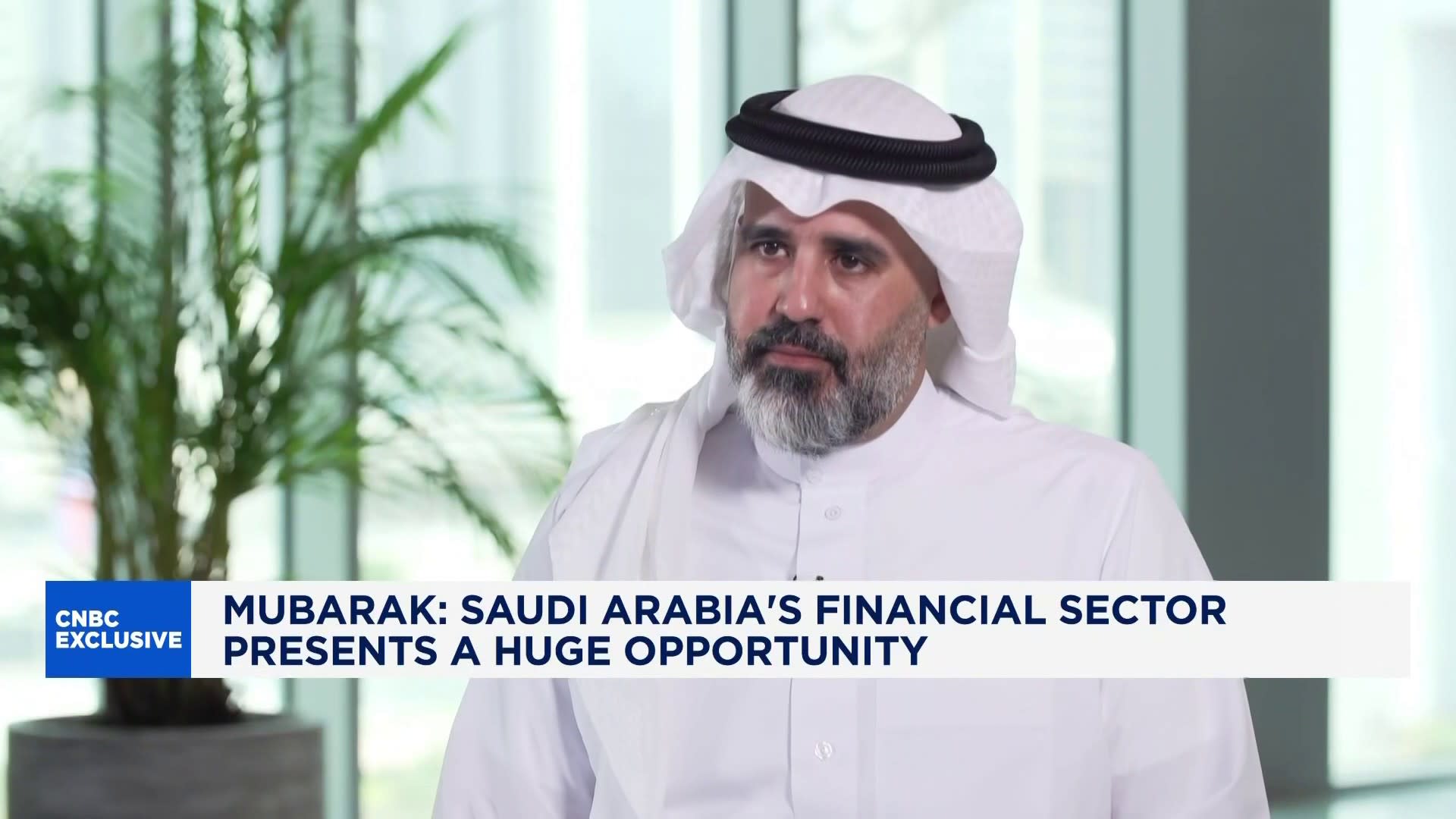
Saudi Arabia’s recently-updated Investment Law seeks to attract more foreign investment as well — and it’s set itself a lofty goal of $100 billion in annual foreign direct investment by 2030.
Currently, that figure has averaged around $12 billion per year since Vision 2030 was announced in 2017, according to data from the kingdom’s investment ministry — still a long way from that goal.
Some observers in the region are skeptical as to whether the $100 billion figure is realistic.
“The new investment law is absolutely critical to facilitating more FDI, but it remains to be seen whether it will lead to the huge increase and quantum of capital required,” a financier based in the Gulf told CNBC, speaking anonymously due to professional restrictions.
Solomon echoed the sentiment, pointing out that higher spending on major projects will require higher breakeven oil prices for the Saudi budget.
“It remains to be seen whether the PIF’s domestic investments will deliver the anticipated returns, especially in a region full of instability and oil-dependent budgets facing prolonged periods of low oil prices,” he said.
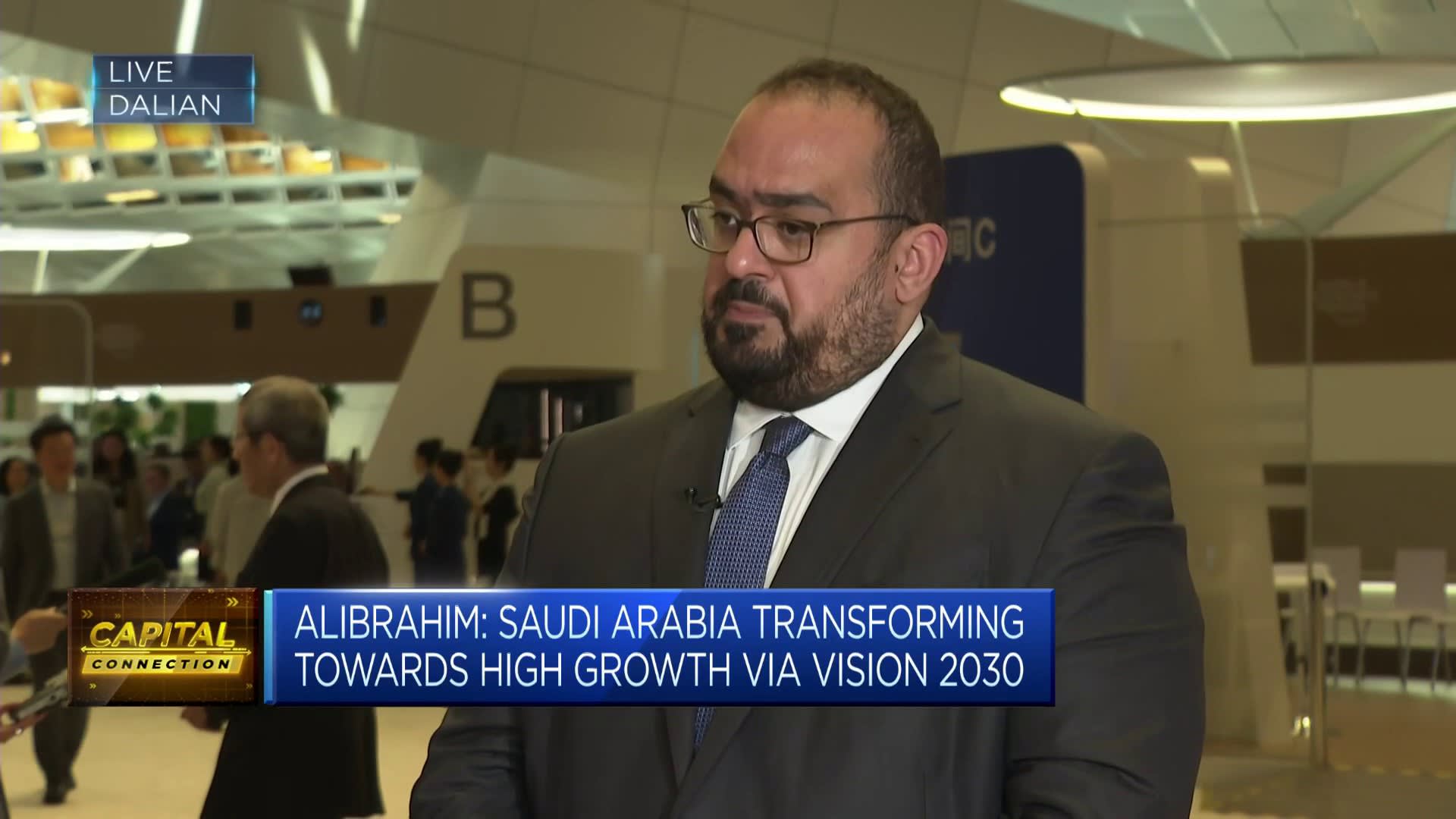
Still, the new law will “improve local business conditions to attract investment from abroad,” James Swanston, Middle East and North Africa economist at Capital Economics, wrote in a recent report.
Investors have long complained that murky and often ad-hoc rules deterred greater involvement with the Saudi economy. The new law will make foreign investors’ rights and duties uniform with those of citizens, introduce a simplified registration process to replace license requirements, and ease the judicial process, among other things, according to the Saudi government.
“We’ve argued for a long time that so-called ‘wasta’ (loosely translated as ‘who you know’) has been a major deterrent to foreign companies establishing themselves in Saudi,” Swanston wrote.
Spurring greater foreign buy-in “should also ease the burden that has recently been placed on the Public Investment Fund to offset the weaker foreign investment into the Kingdom,” he added.
No more ‘dumb money’
The turn toward greater scrutiny and domestic priorities is not exactly new — rather, it’s picked up more speed each year.
While many overseas firms have long seen the Gulf as a source of “dumb money,” some local investment managers said — referring to the stereotype of oil-rich sheikhdoms throwing cash at whoever wants it — investment from the region has become much more sophisticated, employing deeper due diligence and being more selective than in past years.
“Before it was much easier to come and say, ‘I’m a fund manager from San Francisco, please give me a couple million’,” Marc Nassim, partner and managing director at Dubai-based investment bank Awad Capital, told CNBC in 2023.
“I think that a very small minority of them will be able to take money from the region — they are much more selective than before.”
If the kingdom’s priority was not clear to foreign investors before, it is now, the Gulf-based financier who declined to be named said.
“PIF has been focused on co-opting investment into Saudi for last several years,” he said. “It took a while for bankers to fully appreciate the scope and scale of the pivot. It’s rightly all about transforming the economy.”
